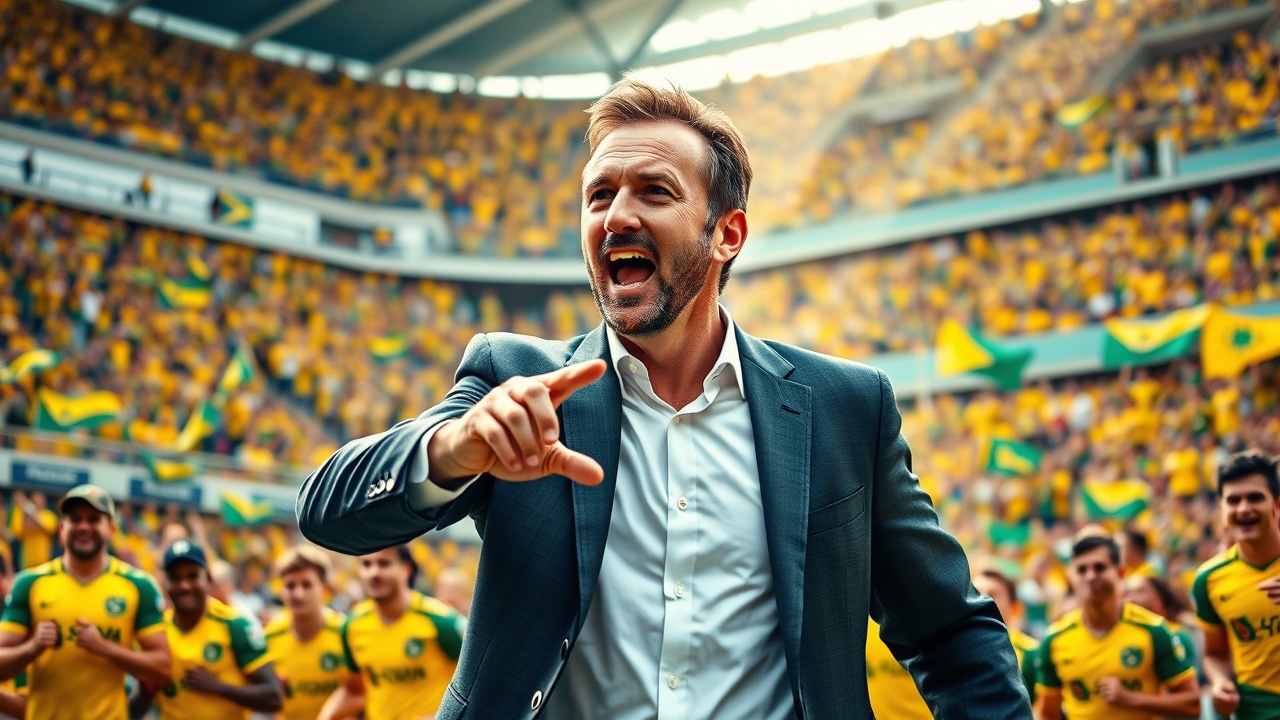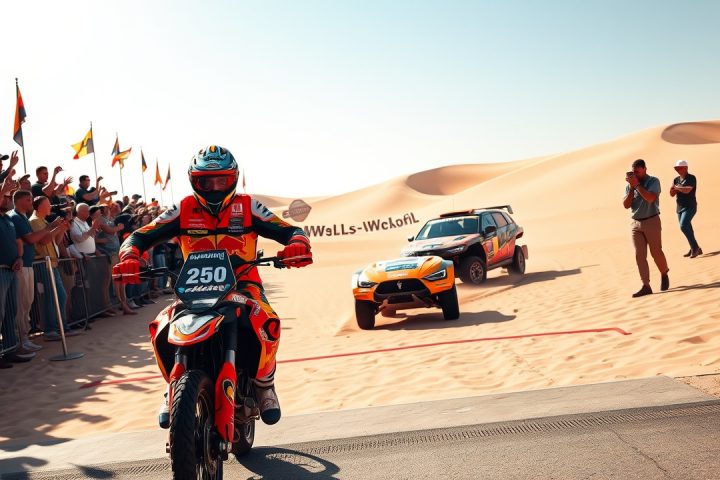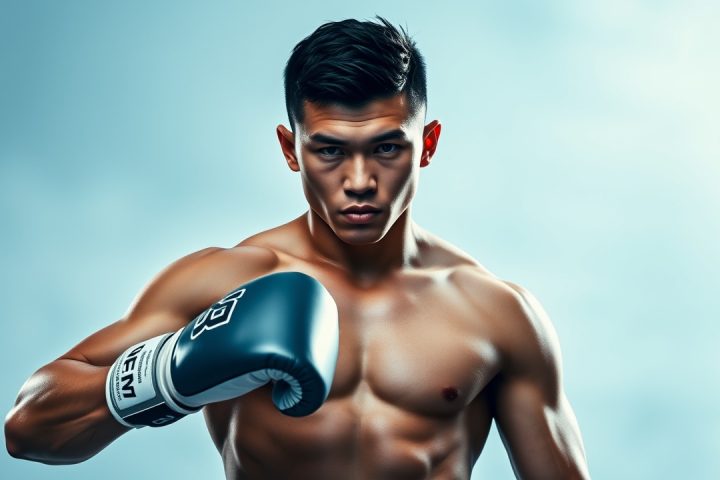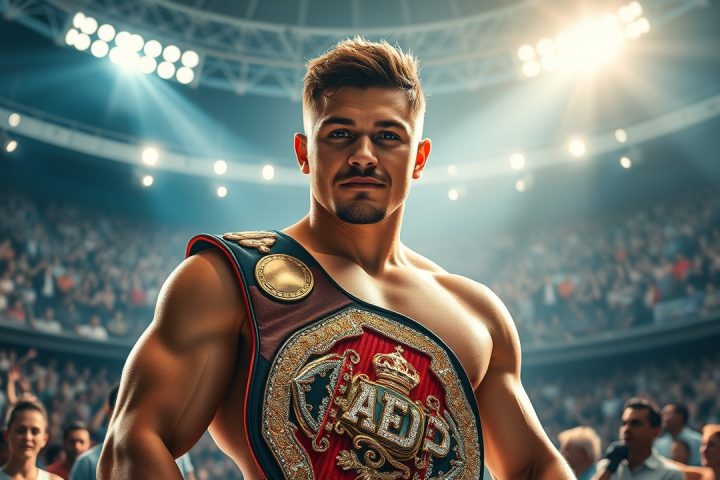The Joy of Qualification
The joy of qualifying for the 2026 FIFA World Cup is palpable for the Socceroos, marking their sixth consecutive tournament appearance. However, their celebration was short-lived, as various players quickly departed to their respective clubs or returned home to reunite with loved ones after nearly a month of travel, following a successful campaign that included a 2-1 victory against Saudi Arabia.
Martin Boyle, who missed out on celebrating in Saudi Arabia due to the country’s dry status, headed off to Disneyland with his family instead of joining the post-match festivities. The team had little time to bask in their achievement, as fatigue from the match contributed to subdued celebrations late that night, returning to their hotel around 2 a.m.
Media Engagement and Family Time
Riley McGree and Milos Degenek, not yet in their offseason, took time to conduct media interviews, while Patrick Yazbek enjoyed a meal with family who had come to support him during his first start for the national team.
Qualification Journey
The qualification process for this World Cup was marked by relative ease compared to previous years; the team entered their final match needing only to avoid a heavy defeat to secure their spot, a stark contrast to the pressure-filled moments of past qualifications.
The road to this success, however, has been challenging. Only several months prior, the Socceroos experienced a rough start in the third phase of qualifying, notably suffering a disheartening loss to Bahrain. This prompted Graham Arnold to resign after six years at the helm, as he struggled with fatigue and disillusionment following a disappointing Asian Cup exit.
In response, Football Australia appointed Tony Popovic—an integral member of the 2006 “Golden Generation”—tasked with revitalizing the squad. Popovic inherited a situation fraught with tension, as Arnold’s last games in charge featured a lackluster draw against Indonesia and a series of injuries.
New Leadership and Philosophy
Soon after stepping in, Popovic made immediate changes to the coaching staff and emphasized a high-performance culture. The initial period was critical for implementing his vision, yet he faced the challenge of preparing for essential qualifiers on short notice.
The team’s newfound approach under Popovic emphasizes meticulous preparation, discipline, and an ethos of continuous improvement. His methodologies extend beyond technical skills; they encompass nutrition and fitness standards, which were overhauled to align with elite expectations. Adopting a strict diet, including a ban on candies, Popovic aimed to ensure players understood the long-term benefits of maintaining training standards beyond team camps.
Performance and Adaptability
As the Socceroos progressed through their next qualifiers, including significant matches against Japan and Saudi Arabia, they showcased a robust tactical framework and adaptability under pressure. A defining moment came during a crucial match against Japan when the team managed an admirable 1-1 draw despite a taxing bus journey hindered by traffic.
Popovic’s disciplined philosophy has reflected positively on the players’ performances, with a visible shift in camp culture. Their achievements have underscored the adaptability and resilience of the squad, which have become hallmarks of their playing style.
Looking Ahead to the World Cup
Moving forward, with automatic qualification secured, Popovic looks to expand the talent pool and integrate new players as they prepare for the World Cup, including competitions against nations in the Oceania region.
As they gear up for the 2026 World Cup, the Australian team anticipates a strategic approach not only in their style of play but also in logistical planning for optimal preparation. With options for base camps being explored across North America, significant steps have been taken to ensure the Socceroos are well-equipped to face their next challenge on football’s biggest stage.
Ultimately, the 2026 World Cup promises to be a testament to the resilience of Australian football, with Popovic’s leadership paving the way for a new chapter that emphasizes elite performance standards and team unity.




